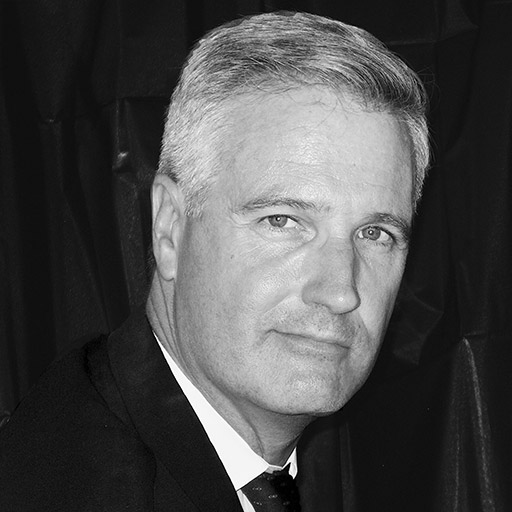When I think of a courthouse, I often envision a Doric-columned stately judicial building, focused on and controlled by judges. We often forget that many courts in this country are housed in multiuse government facilities. The courts in these facilities are often only tenants sharing functions with other government agencies. What happens when functions and roles intersect? Canon 1.7 of the Model Code calls us as court professionals to respond to inquiries about court procedures but to not to give legal advice. If asked for…
This content is only available to NACM members
To gain full access to this article you must login, if you are not a member you can start a free trial to access the Court Manager free for the next 7 days and receive access to valuable information relating to your court. After your trial, we encourage you to become a member and take advantage of all that NACM has to offer!


